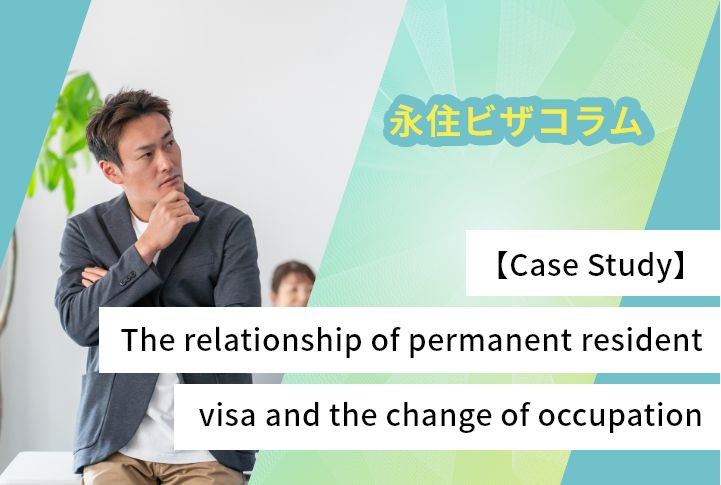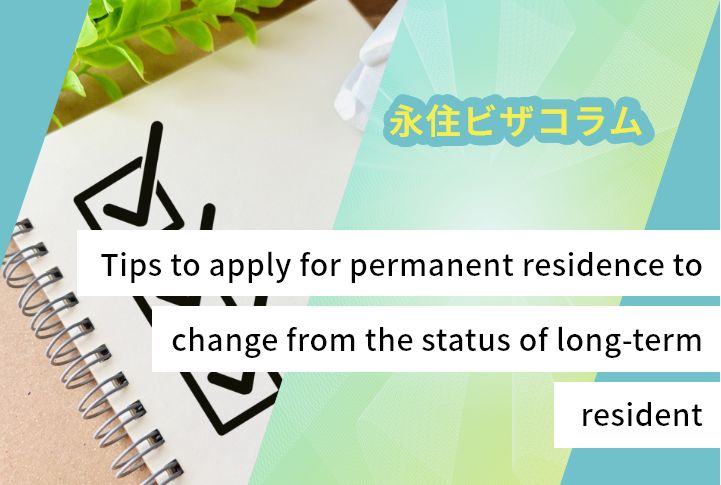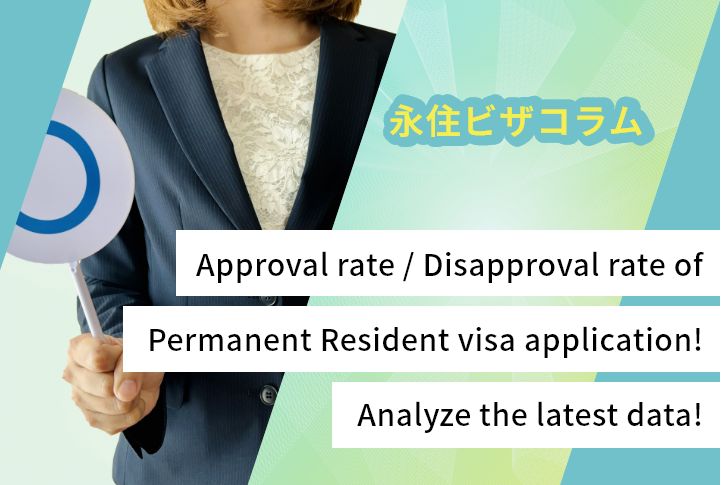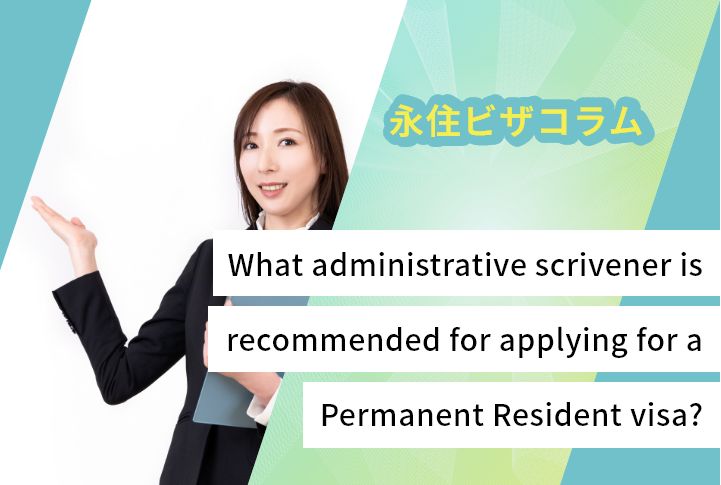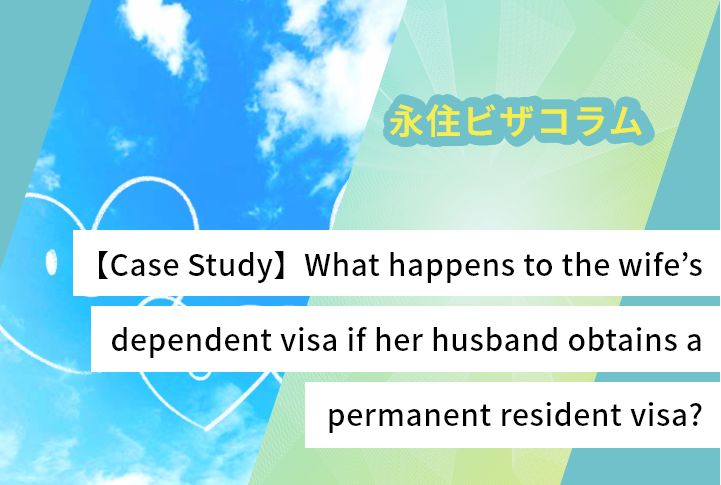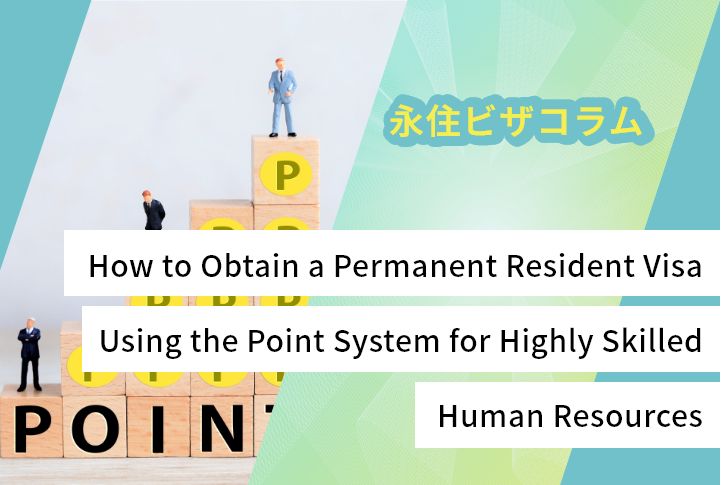What is an endorser /guarantor for a permanent resident visa?
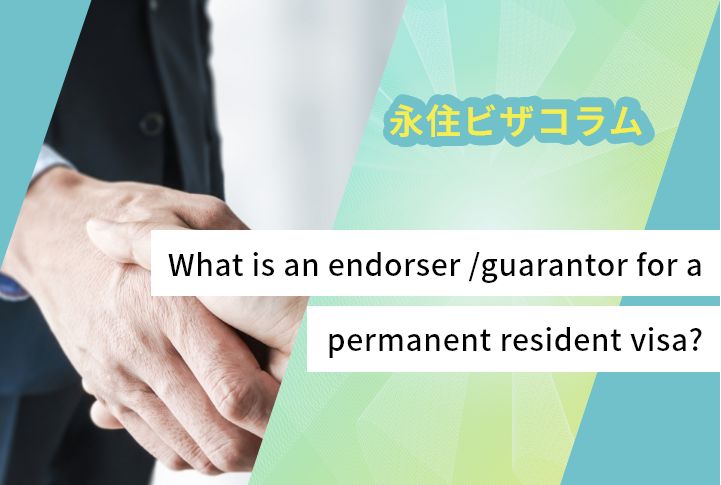
When applying for a permanent resident visa, you must find a guarantor (endorser). Usually, applicants ask their friends or bosses to become one, but such friends and bosses may refuse if applicants can’t precisely explain about the characteristic of guarantor.
In this article, we would like to explain about the responsibilities of and eligibility as a guarantor (endorser) for a permanent resident visa.
We hope this article will help people who are looking for a guarantor for a permanent resident visa, as well as people who have been asked to become one.
Index
1. Contents of guarantee for a permanent resident visa
When applying for a permanent resident visa, it is required to submit a letter of guarantee with signature and seal affixed by a guarantor (endorser) to the immigration office.
The following is a part of the letter of guarantee.
I hereby guarantee the following matters.
1 Logistic support while in Japan
2 Transportation fee for repatriation
3 To abide by the Japanese Law
“Expenses for applicant’s stay in Japan” mean all expenses necessary for an applicant of a permanent resident visa to stay in Japan.
“Return travel expenses” mean all expenses necessary for an applicant to return to his/her country in case he/she needs to return to his/her country.
“Compliance with Japanese laws and regulations” means that an applicant does not violate social standards such as laws and regulations while living in Japan.
A guarantor guarantees above expenses and compliance with laws and regulations as the applicant will continue to stay in Japan.
2. Responsibilities of a guarantor (endorser) for a permanent resident visa application
Many people may be alarmed when they hear the word “guarantor” as they think of loan guarantors. In fact, the characteristics of guarantors for immigration purpose are totally different from what you imagine.
Generally, a guarantor under civil law becomes liable instead of the debtor when the debtor is unable to repay the debt. It is so-called, “shouldering (katagawari).” Creditors have right to demand performance of the liability from a guarantor, and if the guarantor does not voluntarily perform the liability, the creditors can file a lawsuit and forcibly collect debts from the guarantor. This function is called legal responsibility.
On the other hand, guarantors of immigration don’t bear any legal responsibility.
For example, an applicant who is in financial difficulty cannot demand his/her guarantor to give him/her some money, and neither can immigration authorities.
Moreover, in case an applicant causes damage to someone by violating any law, the damaged person cannot demand compensation from the guarantor or force the guarantor to make compensation by a legal action.
Thus, guarantors for immigration differ from guarantors under civil law. The guarantee of immigration is said to be moral responsibilities, which are similar to a promise to help when the applicant is in trouble. Even if such promise is not performed, there will be no legal penalty imposed on guarantors.
3. Eligibility as a guarantor (endorser) for a permanent resident visa application
Not everyone can become a guarantor (endorser) for application for a permanent resident visa, and there are some requirements to become a guarantor.
First, 1) a guarantor must be a Japanese or foreigner who has already attained a permanent resident visa.
This is required because if a guarantor has to leave Japan earlier than the applicant of permanent residence, such guarantor may not be able to perform the items he/she guaranteed. Accordingly, only those who can stay in Japan longer than the applicant are qualified to become a guarantor.
Second, 2) a guarantor must have stable income. There is no minimum income standard, and a guarantor is not required to have higher income than the applicant. In practice, this requirement is moderately examined, and as long as the guarantor has income periodically, its amount does not matter.
Third, 3) a guarantor must have performed liability to pay taxes. In practice, not all kinds of taxes are checked, and a guarantor is deemed to have performed such liability to pay taxes as long as there is no arrearage of resident tax (jumin-zei).
Thus, there are some requirements to become a guarantor, but the required standards are not so high. As long as the person is a Japanese or permanent resident and works, there should be no issue about he/she becoming a guarantor.
4. Summary of guarantor (endorser) for a permanent resident visa application
In this article, we have explained about guarantors (endorsers) for permanent resident visa applications.
In order to apply for a permanent residence, there must be a guarantor, and without one, application will not be accepted.
If you are going to apply for a permanent resident visa, therefore, you need to consider about who to ask to become your guarantor before starting preparation, if possible.
In many cases, such requests of applicants are rejected especially when they can’t correctly explain the details of guarantee, especially the responsibilities of a guarantor. If the person you asked to become your guarantor hesitates to be your guarantor, please tell him/her to read this article.
Then probably, he/she will understand what a guarantor does and cooperate for your application for a permanent resident visa.







